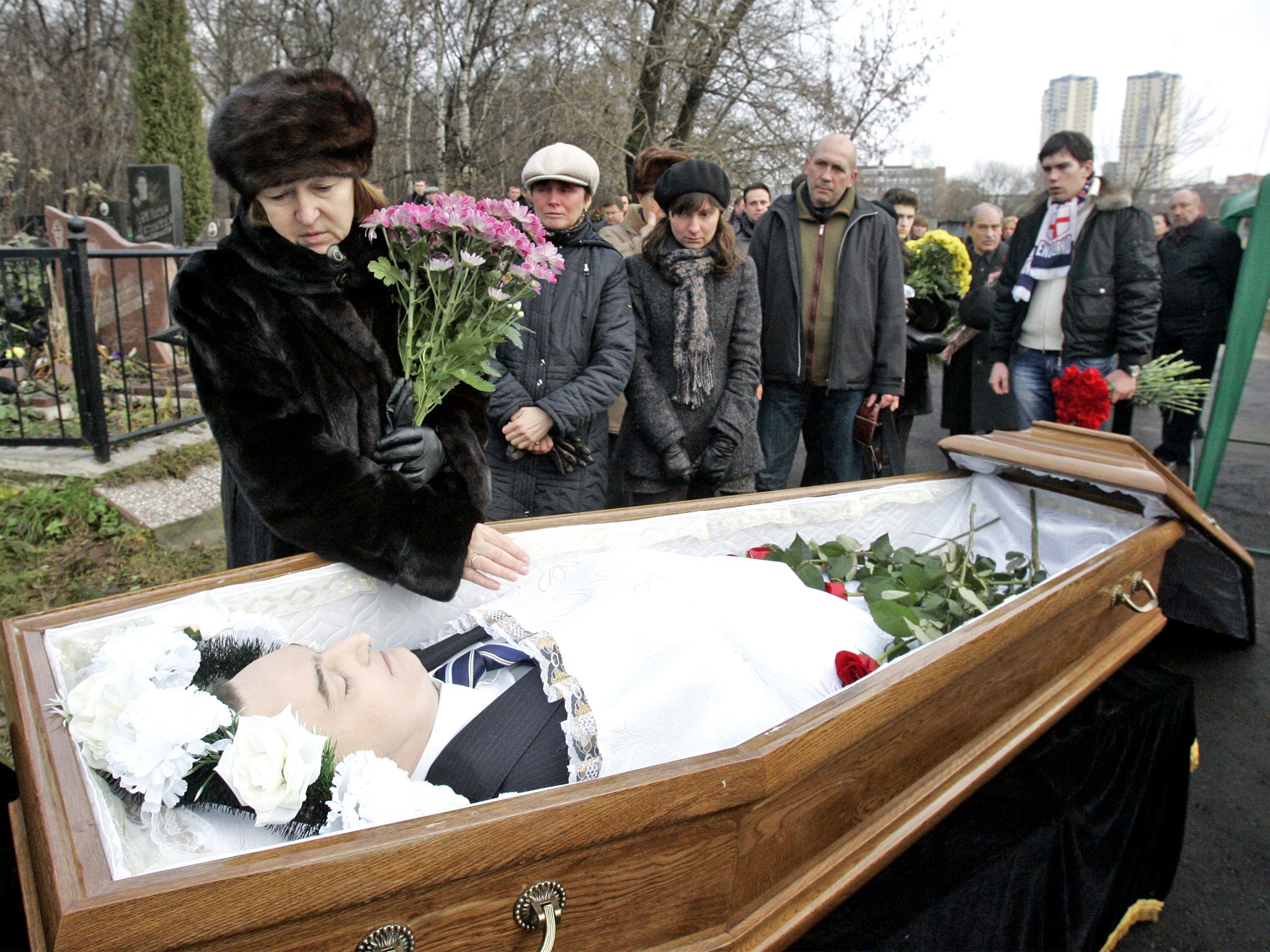Government grants new powers to stop foreign human rights abusers buying London homes to launder their wealth
But the Home Office denies the move amounts to a US-style ‘Magnitsky Act’ – introduced after a corruption whistleblower who died in a Russian prison

Your support helps us to tell the story
From reproductive rights to climate change to Big Tech, The Independent is on the ground when the story is developing. Whether it's investigating the financials of Elon Musk's pro-Trump PAC or producing our latest documentary, 'The A Word', which shines a light on the American women fighting for reproductive rights, we know how important it is to parse out the facts from the messaging.
At such a critical moment in US history, we need reporters on the ground. Your donation allows us to keep sending journalists to speak to both sides of the story.
The Independent is trusted by Americans across the entire political spectrum. And unlike many other quality news outlets, we choose not to lock Americans out of our reporting and analysis with paywalls. We believe quality journalism should be available to everyone, paid for by those who can afford it.
Your support makes all the difference.The Government has bowed to pressure to act on evidence that London has become “a haven for the blood money of the world’s nastiest despots”.
New powers will be given to the authorities to seize the assets of foreign human rights abusers who buy homes in Britain to funnel their ill-gotten wealth.
However, the Home Office denied the move amounted to a US-style ‘Magnitsky Act’ – introduced after a corruption whistleblower who died in a Russian prison in suspicious circumstances.
A group of 50 MPs from eight political parties had demanded an amendment to the Criminal Finances Bill inspired by what one called the “murder” of Sergei Magnitsky by the Kremlin.
The US passed a law to seize assets after the lawyer was detained, tortured and died after identifying the perpetrators of a $230m (£184m) fraud against an investment firm called Hermitage Capital Management.
Furthermore, the Home Office has refused to allow third parties to demand action against human rights abusers, fearing “vexatious claims based on gimmick politics”.
And action would taken using civil recovery powers, using the Assets Recovery Agency, rather than the High Court imposing wide-ranging financial sanctions, as the MPs demanded.
Nevertheless, the Home Office’s security minister Ben Wallace urged MPs to recognise the Government was acting after the “atrocious murder carried out in Russia against Mr Magnitsky”.
It was a “clear statement that the UK will not stand by and allow those who have committed gross abuse or violations around the world to launder their money here,” he told the Commons.
Allowing campaigners and other third parties to bring actions would “open up a whole can of worms for countries around the world”.
Ministers agreed to act after the cross-party amendment was tabled by prominent Conservative MP Dominic Raab, with Labour, Liberal Democrat and Green support.
Mr Raab said he retained “an underlying concern about the extent the new powers will be enforced in practice”, because the authorities will not have a specific duty to act.
But he hailed a “significant step forward” and agreed to withdraw his amendment, in response to the Home Office tabling its own.
Mr Raab said: “We have the opportunity to nurture the flame of freedom on behalf of those brave souls like Sergei Magnitsky, who suffered the very worst crimes standing up for the very highest of principles.”
The MP had previously warned against Britain “becoming a haven for the blood money of the world’s nastiest despots and their henchmen”.
He said Hermitage had submitted detailed evidence to the UK authorities of $30m that was smuggled into Britain between 2008 and 2012, some of it by firms run or owned by the Russian mafia.
However, no UK investigation was launched, which meant the Magnitsky case “shines a light on weaknesses in our own justice system”.
Other “sickening butchers exploiting weaknesses in British law” included a former Kazakh chief of secret police and former members of the Gadaffi regime.
An estimated £100bn is laundered through the UK’s banks each year, yet only 0.2 per cent of that sum was currently frozen, Mr Raab wrote last month.
Campaigners have also pointed to the need for better protection for whistleblowers and journalists who expose corruption and other wrongdoing.
Join our commenting forum
Join thought-provoking conversations, follow other Independent readers and see their replies
Comments